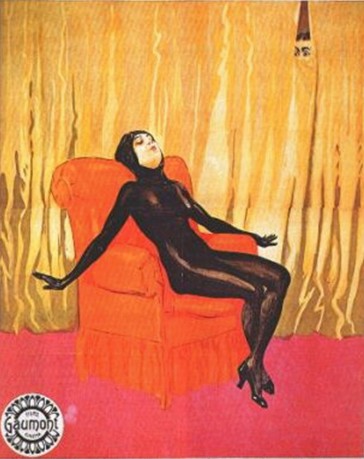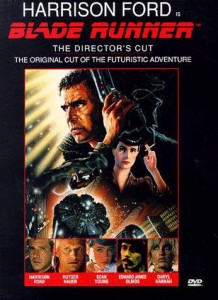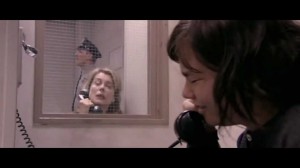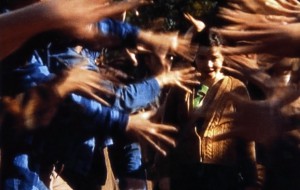This article appeared in the October 9, 1987 issue of the Chicago Reader, and one good reason for reviving it now is to point up how out of date some of its remarks about Feuillade’s invisibility have become almost 37 years later. Back then, I noted, there was only one book about Feuillade; today I have seven more (all in French) of diverse sizes and scopes, and I’m sure my collection is far from exhaustive. Two full serials, Les vampires (1915) and Judex (1916), are available in the U.S., as is an excellent restoration of the multichaptered Fantômas (1913-1914) on Blu-Ray, so I’m still hoping that Tih Minh (1918), still my favorite, not to mention Barrabas (1919) and even La nouvelle mission de Judex — a 1917 crime serial I’ve never seen which is reputed to be inferior to the others — will also surface eventually. (2021 postscript: I’m about to order Tih Minh from French Amazon.) Also, Kino International has released Gaumont Treasures1897-1913, with one of its three discs devoted to Feuillade short films made between 1907 and 1913, as well as a documentary “featurette” about him. — J.R.

LES VAMPIRES
**** (Masterpiece)
Directed and written by Louis Feuillade
With Musidora, Édouard Mathé, Marcel Lévesque, Jean Aymé, Delphine Renot, Stacia Napierkowska, Fernand Hermann, Renée Carl, Louis Leubas, Louise Lagrange, Moriss, and Bout de Zan. Read more
From Slate (posted June 23, 2009). — J.R.

One of the key paradoxes of contemporary movie culture is that some film lovers claim that cinema is dying, others maintain that it’s entering a renaissance, and both factions are right. It all depends on whose movie culture you’re talking about.
The problem is how elastic and imprecise our terminology has become. Nowadays, when somebody says, “I’ve just seen a movie,” we don’t necessarily know whether the speaker saw it in a theater or on a mobile phone, alone or with a thousand other people, on celluloid or on a disc. These aren’t really the same experiences, even if we choose to call them all The Godfather or Up. And when it comes to distinguishing between film history and advertising, we may be even more confused.
One reason why we may be entering a renaissance in film viewing is that we no longer have to go to Paris or New York in order to learn anything comprehensive about the history of the medium as an art form. We can, in fact, live almost anywhere, at least if we own a multiregional DVD player — and nowadays one can acquire one of these for less than $50. Read more
From the Chicago Reader (October 27, 2000). — J.R.

Dancer in the Dark
**
Directed and written by Lars von Trier With Bjork, Catherine Deneuve, David Morse, Peter Stormare, Joel Grey, and Jean-Marc Barr.

To put it in the singsongy fashion of its own tacky musical numbers, Lars von Trier’s Dancer in the Dark enrages as well as engages, but I must confess that it also fascinates with its capacity to elicit extreme reactions. Ever since this musical about a woman from communist Czechoslovakia working in an American factory won the Palme d’Or and best actress prize (for rock star Bjork) from a Cannes jury headed by Luc Besson — one of the only Europudding directors who’s both crass and clever enough to rival von Trier as the most shameless sensationalist around — it has provoked hysterical reactions, pro as well as con. Viewers are struck by its technology (it was allegedly shot with 100 stationary digital cameras) as well as its aesthetics, its setting and social aspects, and its melodramatic story, not to mention its musical numbers. Though the movie certainly has its American defenders, many of its most vociferous detractors come from this country too. It’s not too surprising considering that this movie offers a horrific view of the American justice system, one you’d expect to find in an east European propaganda film shot 40 or 50 years ago. Read more




